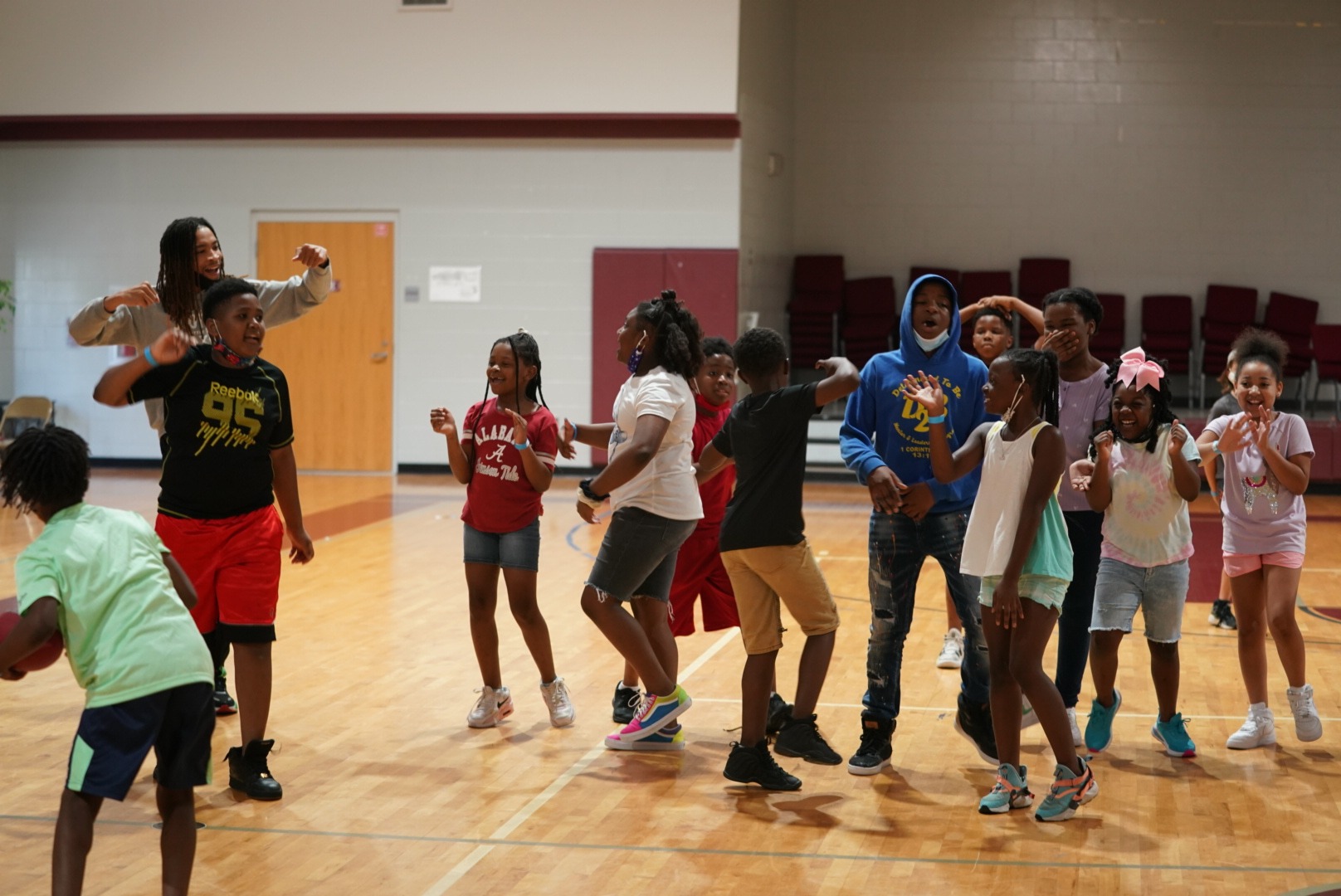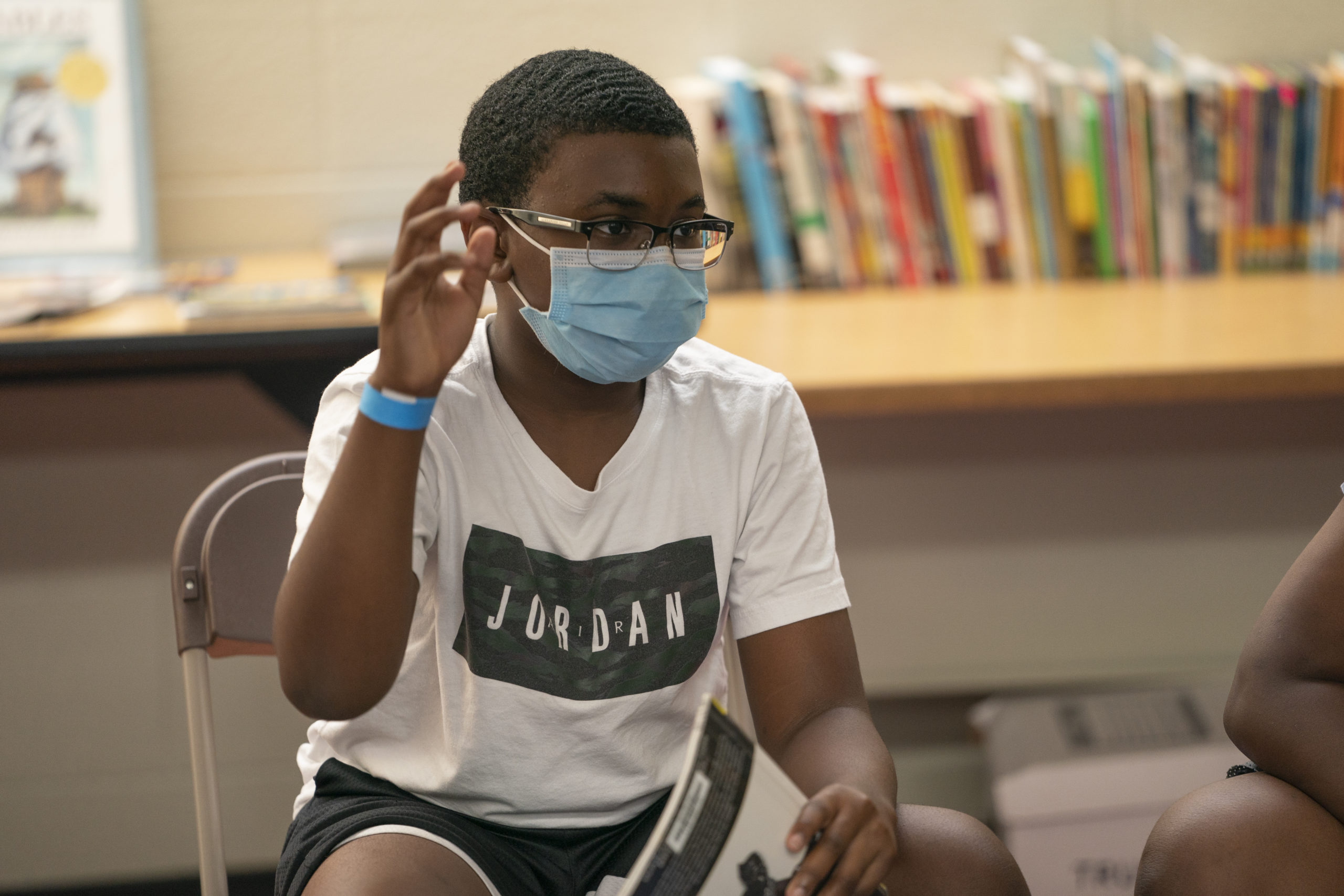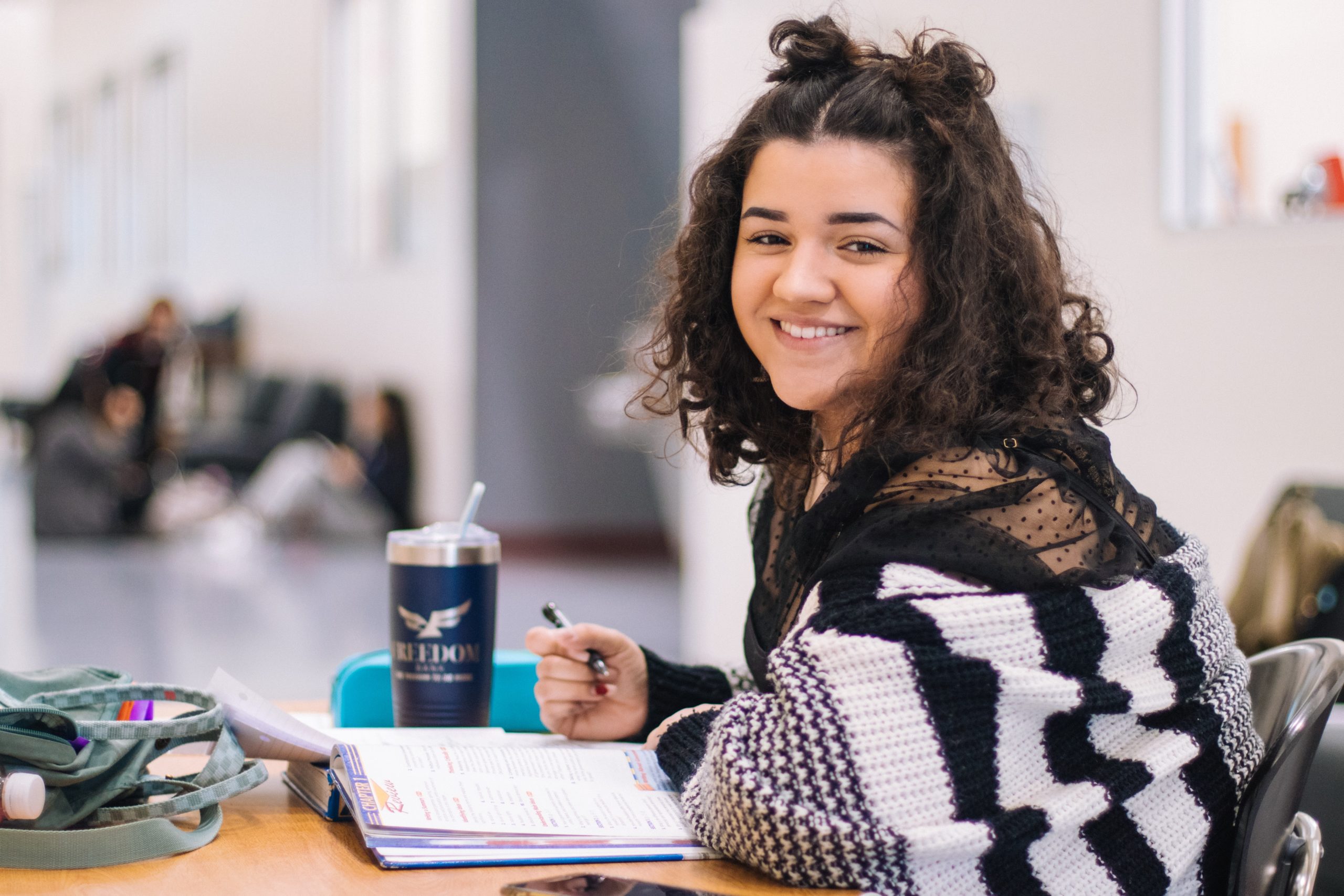Empowering students to become agents of change in their community and world.

BSI empowers students from underserved populations to explore their own identities and become agents of change in their schools, communities, and beyond through academic excellence, exposure to enriching activities, and social and emotional development. Our vision is to be a model learning community inspiring the love of learning, the realization of internal power, and the belief that all students can achieve greatness. Register here for Summer 2022!
Our top priority for BSI is to meet the holistic needs of all of our students while centering our program activities around their personalities and cultures. We value what our students bring to the classroom and create experiences for them to learn new information independently. This empowers them to ask their own questions and make their own observations.



